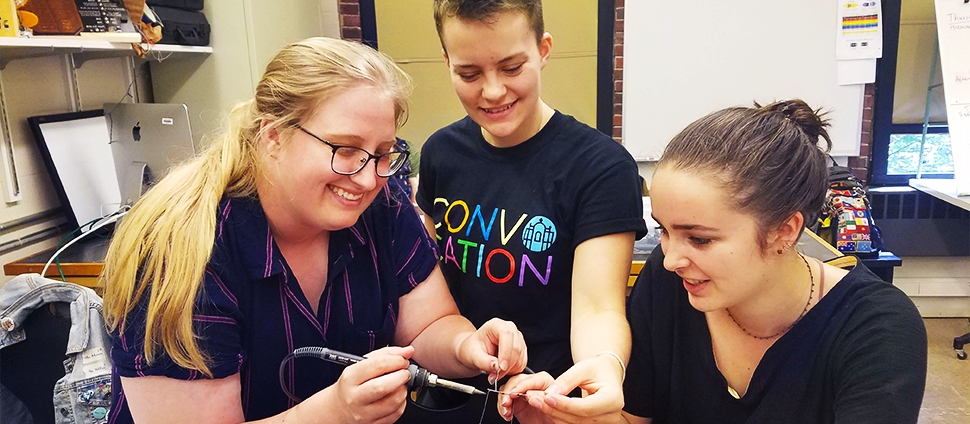Author ORCID Identifier
Candice M. Etson: 0000-0002-9796-269X
Document Type
Article
Publication Date
2-1-2025
Publication Title
Bioscience
Abstract
A consortium of scientific societies recently identified challenges to inclusivity within the biology communities they represent. Specifically, societies encounter difficulties collecting member demographic data effectively, integrating scientists at transitional career stages, and diversifying their leadership. In response, the Leveraging, Enhancing, and Developing Biology (LED-BIO) research coordination network (NSF 2134725) organized two meetings at the Marine Biological Laboratory in Woods Hole, MA to gather stakeholders and employ top-down and bottom-up organizational approaches to address these challenges. These meetings included Town Hall and Think Tank events to facilitate open dialogue and gather feedback on policies and programs from national organizations in attendance. These discussions provided valuable insights into the barriers societies face and the available resources and interventions societies use to promote inclusivity. This article uses the LED-BIO research coordination network as a case study to discuss the Town Hall-Think Tank-Consensus Building (TTC) methodology for advancing inclusive excellence in scientific communities.
Keywords
career transitions, culture change, demographic data collection, inclusive leadership, scientific societies
Volume
75
Issue
2
First Page
104
Last Page
111
DOI
10.1093/biosci/biae114
ISSN
00063568
Rights
© The Author(s) 2024
Version
Version of Record
Recommended Citation
Lightner, Taylor; Soso, Simone B.; Etson, Candice M.; Greenler, Robin Mc C.; Mugo, Mercy; and Segarra, Verónica A., "Leveraging Collective Impact to Characterize and Identify Solutions to Cultural Challenges Within Scientific Societies" (2025). Physics: Faculty Publications, Smith College, Northampton, MA.
https://scholarworks.smith.edu/phy_facpubs/113


